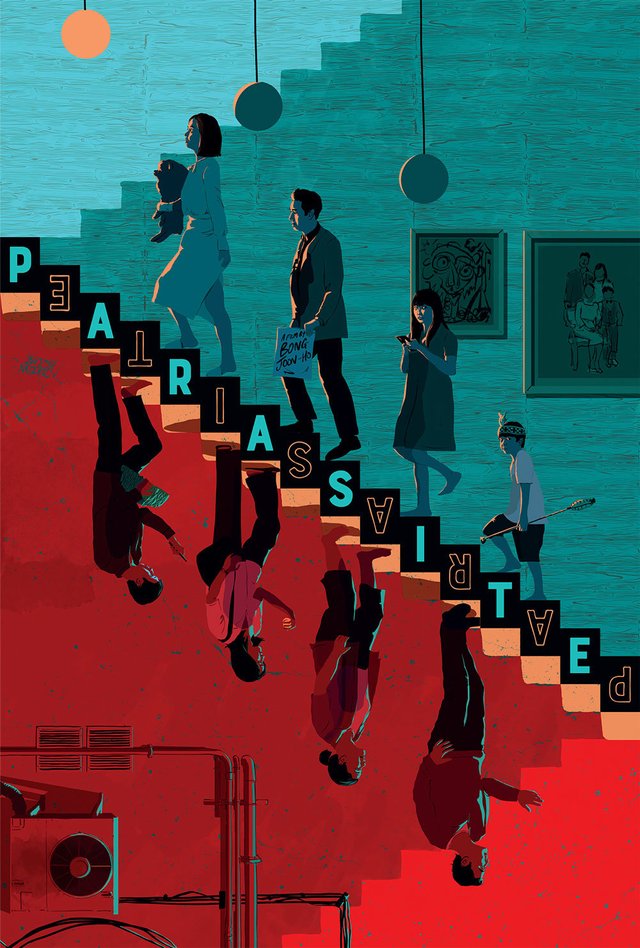Why Parasite dominated the Oscars. Those who previously didn't have a voice want to be heard at all costs.


He learned his big lesson from classic Hollywood cinema, for example from Martin Scorsese, a director who once said: "the most personal, is the most creative."
With this, director Bong Joon-ho gave the best explanation for the success of his film Parasite, about a poor family in a city in South Korea that invades and eventually takes over the living space of a rich family. This fits perfectly with the spirit of the age: stories from society's underside penetrate to the upper layer, now even to the Oscars, traditionally the domain of political, economic and cultural elite.
For the first time in history, a foreign language film received the Oscar for best picture. Bong also received the Oscar for best director, best original screenplay and best international feature film (a new category).
The class system is a recurring theme in the work of Bong, in The Host (2006) in which a monster threatens a society, and in Snowpiercer (2013) and Okja (2017); these are all films about rebellion against the political elite that has lost touch with ordinary people.
This theme also appears in one of my personal favorites, Joker, with Joaquin Phoenix in the role of the archrival of superhero Batman. It is clear that stories about disenfranchised, ignored people who refuse to accept their imposed victimization, marginalization and exclusion, seem to strike a nerve, not only in the Western world but everywhere where capitalism is the prevailing ideology.
The historical success of Bong's films shows that something is shifting in traditional power relations. In the real world that has been evident for some time (see for example the rise of populism). The many cultural wars - the struggle for dominance between different social groups based on race, gender or economic status - also illustrates the call for representation. Those who previously didn't have a voice want to be heard at all costs.
All these films, made in different countries, are a sign on the wall. They show that local, personal stories offer new possibilities to give the disenfranchised a voice. This is a natural process, welcome it. After all, we have learned that systematic oppression has no nationality. The world doesn't consist of islands but of groups of people who just want the same thing: a dignified existence.

This brings us back to the quote from Scorsese. The idea of the personal as 'the most creative' not only touches the artist, it is also applicable to ordinary people. Insisting that your own story is relevant sounds selfish, but it can work empathically. People recognize their lives in stories about the fate of others.
The local, the personal: that's recognizable, that's what we have in common, that activates the sympathy of viewers from all over the world. The success of Parasite looks like a breakthrough, especially at the Oscars, precisely the event that has repeatedly turned out to be a vulgar celebration of the rich elect.
A side note: the win of Bong and the success of Joaquin Phoenix as Joker doesn’t mean that the ideal of equality has become reality or that the end of capitalism is in sight. All I know is that there is now space for telling stories in which we can imagine both things very well. And that is new!

Photo 1: alternative UK poster for Parasite. Art by Andrew Bannister.
Photo 2: Warner Bros. Pictures - Joaquin Phoenix as The Joker
This is a sign that the world is really becoming a global village.
Streaming PARASITE in HD Rip ➡ ➡ https://t.co/W9y4r8C6Ma?PARASITE